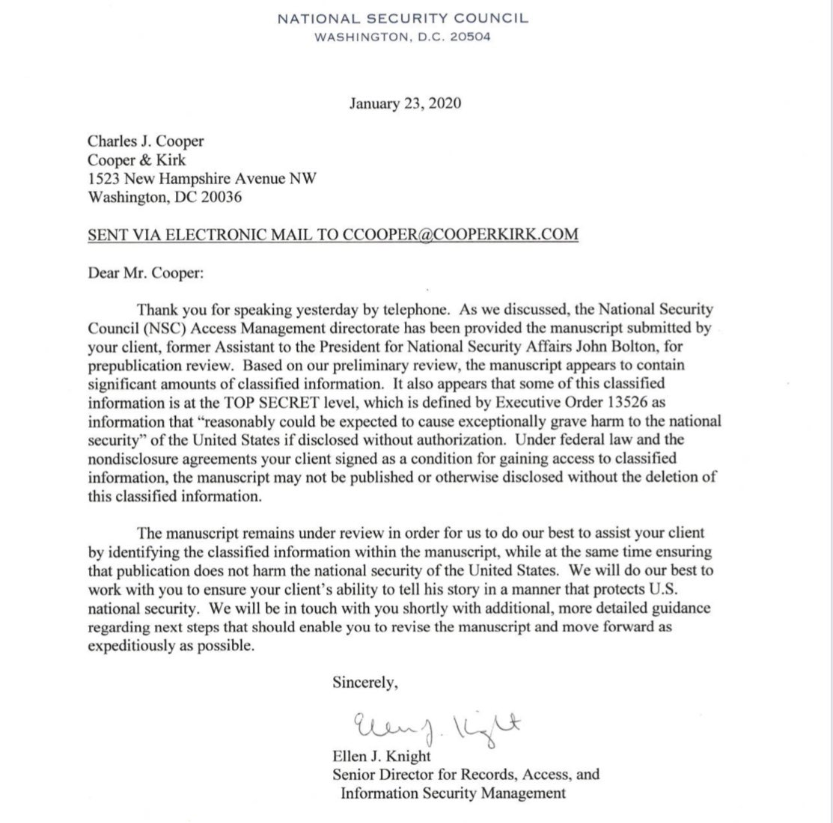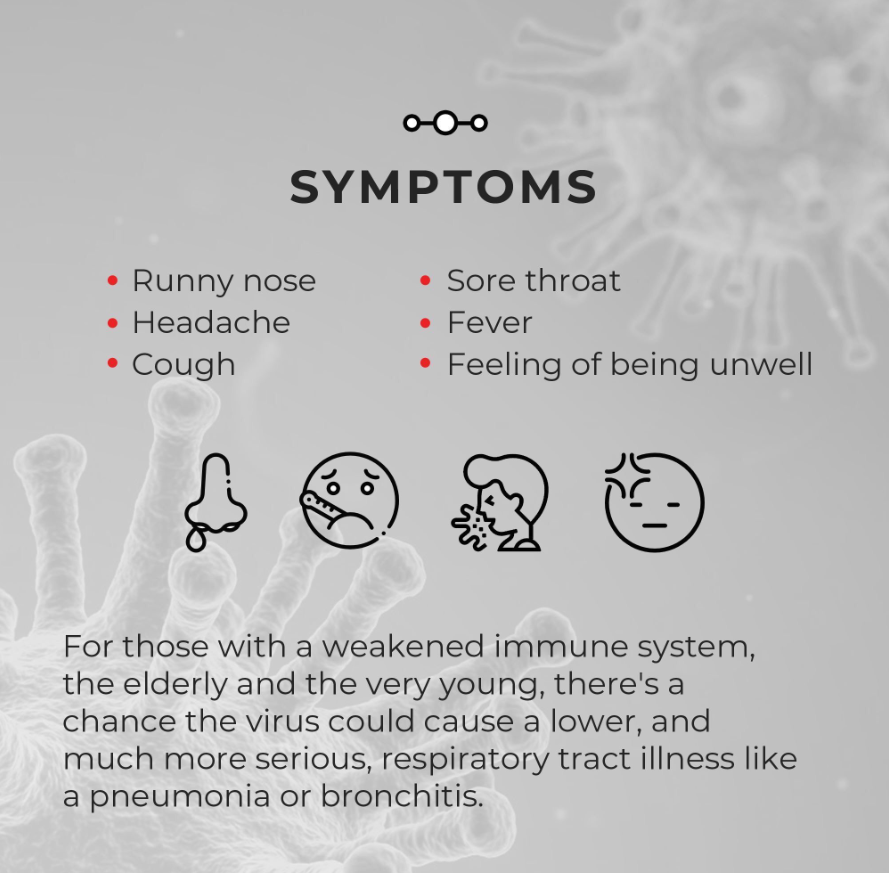I was hospitalized for a few days with colon issues. Nothing major and nothing I care to discuss.
But boy did I miss a lot.
It kind of seems pointless to talk about most of it. Just some small reflections.
I’m not much of a basketball fan, but this Kobe Bryant death even shook me. He seemed like one of the good ones (and yes, I know about the allegation of sexual harassment, but I am not required to assume it is true until I know more, and I don’t know more).
And of course, there is Trump.
Trump’s defense was AWFUL, but it didn’t have to be good.
Trump’s lawyers began their impeachment arguments on Saturday with what football fans might call a “prevent” defense. Under that strategy, a team with a lead late in the game plays cautiously to avoid giving up a big play.
And now we know why (more on that in a moment)
Over the course of the past few days, the Trump’s lawyers has offered six predictable defenses, each of which can be rebutted. It now appears that their goal was to simply provide Republican Senators with sufficient talking points and avoid changing anyone’s mind.
Trump’s lawyers have argued that the president never admitted to any quid pro quo. On Saturday, defense attorney Michael Purpura stated, “Not a single witness testified that the president himself said that there was any connection between any investigations and security assistance, a presidential meeting, or anything else.” Purpura’s careful wording is technically true, but only because Trump himself blocked Bolton and other witnesses from testifying. If Bolton were to testify truthfully, he would presumably say exactly that. In a real trial, a lawyer would be sanctioned for so deliberately misleading the finder of fact.
But that defense became all but moot by the revelations of the New York Times the next day:
President Trump told his national security adviser in August that he wanted to continue freezing $391 million in security assistance to Ukraine until officials there helped with investigations into Democrats including the Bidens, according to an unpublished manuscript by the former adviser, John R. Bolton.
The president’s statement as described by Mr. Bolton could undercut a key element of his impeachment defense: that the holdup in aid was separate from Mr. Trump’s requests that Ukraine announce investigations into his perceived enemies, including former Vice President Joseph R. Biden Jr. and his son Hunter Biden, who had worked for a Ukrainian energy firm while his father was in office.
This revelation highlights the need for witness testimony from those with first-hand knowledge, such as Bolton and acting chief of staff Mick Mulvaney. Bolton’s testimony would support not only the abuse of power allegation against Trump in the first article of impeachment, but would also prove the second article alleging obstruction of Congress. Bolton’s allegation suggests that the real reason that Trump decided to “fight all the subpoenas” was not to protect the office of the presidency, but to conceal the truth from the American people.
Trump’s other five defenses are no more persuasive. First, White House counsel Pat Cipollone argued that the “transcript” from Trump’s July 25 call with the Ukrainian president shows that Trump did “nothing wrong.” Asking fact-finders to focus narrowly on one piece of evidence is a common defense tactic, intended to draw attention away from other facts that are damaging to the defense. Here, of course, the transcript is not a transcript at all, but a summary of Trump’s call with President Volodymyr Zelenskiy. Lt. Col. Alexander Vindman testified that the summary omitted certain key words, including the word “Burisma,” the Ukrainian energy company on whose board Hunter Biden served.
Even more important, focusing solely on the call summary ignores the monthslong negotiations between Ukraine and U.S. diplomats, as well between Ukraine and Trump’s personal attorney Rudy Giuliani, over investigations into the Bidens. The call alone does not tell the whole story.
In addition, even the summary shows that when Zelenskiy inquired about military aid, Trump responded by asking for a “favor” in the form of investigations into the Bidens and the 2016 election. When viewed in the context of the other negotiations, the meaning of the call supports the House managers’ theory that Trump was using a White House meeting and military aid as leverage to coerce Ukraine to announce investigations that Trump could use to smear his political rivals.
Second, Trump attorney Michael Purpura also argued that Ukrainian officials have said they felt no pressure from the White House. This argument looks at the effect of Trump’s words on their recipient, an irrelevant fact, rather than the intent of the perpetrator in uttering them. Even if Ukraine didn’t feel pressure, that does not exonerate Trump. Sometimes, third parties are only too happy to pay a bribe if it means they get what they want. Restaurant patrons sometimes gladly slip a bill to the maître d’ to get their preferred table, and both parties are satisfied, to the detriment of those who play by the rules. In a trial, a jury would be asked to use common sense to view the totality of the evidence to draw reasonable conclusions. A reasonable conclusion here is that Ukraine does not want to bite the hand that feeds it by involving itself in a political dispute in the United States.
Third, Purpura argued that Ukraine was not aware of the hold on military aid until late August, and so the aid could not have been used as leverage to induce investigations. This claim is inconsistent with the evidence. Defense Department official Laura Cooper testified that Ukraine became aware of the hold on July 25, the same day as the call. And regardless of whether Ukraine became aware in July or August, the hold continued after Trump’s request for the investigations. The aid was not released until Sept. 11, after Trump became aware of the whistleblower’s complaint.
Fourth, Trump attorney Jay Sekulow argued that the military aid eventually flowed, and so there was no harm and therefore no foul. But bribery and extortion are what are known as “inchoate” crimes. They are complete upon the demand, regardless of whether the threat is ultimately carried out. The harm occurred when Trump betrayed an ally by delaying, by months, military aid to help fight a common adversary. (And in the process undermined U.S. credibility as a corruption fighter.) At war with Russia, Ukrainians may have died because of this delay in aid. Thus, Sekulow’s argument is what prosecutors refer to as a red herring, based on the tactic fox hunters use to enhance the challenge by drawing their dogs off the scent of their actual pursuit. Senators should not be distracted it.
Fifth, the defense argued that Trump has been a better friend to Ukraine than his predecessor. There is certainly no indication that President Barack Obama attempted to extort Ukraine into providing him with any personal or political benefit. But even if, hypothetically, Obama had not been a “good friend” to Ukraine, this would of course be irrelevant to whether Trump abused his own power by extorting an ally for personal political gain. Jurors are routinely instructed that whether others are potentially guilty of this or other crimes is irrelevant to their determination of guilt for the defendant who is on trial.
There was also legal defenses offered by Ken Starr (who said — without shame — that we shouldn’t impeach presidents for bullshit stuff) and Alan Dershowitz, who argued that to remove a president from office, the Senate must find that he committed an actual crime or “crime-like conduct.” It’s not enough to say, as the current articles of impeachment allege, that a president abused his power or obstructed Congress. “Purely noncriminal conduct including abuse of power and obstruction of Congress are outside the range of impeachable offenses,” Dershowitz said.
Behar: From what I’m reading, there’s not one other constitutional scholar who agrees with you, not one.
— Lis Power (@LisPower1) January 29, 2020
Dershowitz: Let me be very clear about that, in 1867 the Dean of Columbia law school —
[LOUD LAUGHTER]
Whoopi: Alan, in 1492 Columbus sailed the seas blue. pic.twitter.com/FFkTzxoBxU
Dershowitz, to his credit, acknowledged that his view was inconsistent with the majority of constitutional legal scholars, and it is. But that may be the thin reed upon which Republicans hang their hat. Ted Cruz is biting — he once said that the quid pro quo was “hearsay”; now he is saying it “doesn’t matter”
But let’s get back to Bolton, and the issue of whether Senators will vote to have him testify. And of course, the answer to that question is:
How could he NOT testify?
Pro-Trump Republicans have tried every trick in the book to prevent Bolton from testifying. They want to do a “deal” where Bolton could testify if Hunter Biden could testify. This was stupid on its face. For one thing, the GOP controls the Senate, and they don’t need to do a “deal” — they can just call Hunter Biden if they wanted. Besides, the deal itself was ironically a quid pro quo like the one that brought us here in the first place.
Then the Republicans said maybe they could just read the Bolton manuscript, but this too was laughed out as being un-serious. Wouldn’t you want something UNDER OATH? What about cross-examination?
McConnell, who clearly felt blindsided by this (he was probably given some assurance by the White House that something like this wouldn’t happen) said publicly that he lacks the votes to block witnesses. And a Quinnipiac poll yesterday showed that 75% of all Americans want witnesses.
Trump (and Fox News) is now in Bolton attack mode:
….many more mistakes of judgement, gets fired because frankly, if I listened to him, we would be in World War Six by now, and goes out and IMMEDIATELY writes a nasty & untrue book. All Classified National Security. Who would do this?
— Donald J. Trump (@realDonaldTrump) January 29, 2020
Why didn’t John Bolton complain about this “nonsense” a long time ago, when he was very publicly terminated. He said, not that it matters, NOTHING!
— Donald J. Trump (@realDonaldTrump) January 29, 2020
Remember Republicans, the Democrats already had 17 witnesses, we were given NONE! Witnesses are up to the House, not up to the Senate. Don’t let the Dems play you!
— Donald J. Trump (@realDonaldTrump) January 29, 2020
There is much talk that certain Democrats are going to be voting with Republicans on the Impeachment Hoax, so that the Senate can get back to the business of taking care of the American people. Sorry, but Cryin’ Chuck Schumer will never let that happen!
— Donald J. Trump (@realDonaldTrump) January 29, 2020
It really seems like full-on panic.
John Bolton broke the cardinal rule of Fox News: he turned on Trump.
— The Daily Show (@TheDailyShow) January 29, 2020
Full coverage: https://t.co/34zByeyXDI pic.twitter.com/2zW6u7pUhI
In fact, just now, news is coming out that Trump has sent Bolton a letter to “issue a formal threat…to keep him from publishing his book ‘The Room Where It Happened: A White House Memoir.'”

Another part of Trump’s strategy is to make Hail Mary distractions like…. well, did you know that he solved the Middle East problem?
Yup, there’s a peace plan.
One problem: The Israeli-Palestinian peace plan unveiled by Trump and Prime Minister Benjamin Netanyahu sounds more like a road map for their own futures than for the Middle East.
The timing is no accident: At a moment when cable television is focused on impeachment and the prospect that the former national security adviser John R. Bolton might testify, Trump had a chance to stand in the East Room and cast himself as a peacemaker. With rare self-discipline, he never mentioned the word impeachment.
For his part, Netanyahu of Israel marches toward his March elections wielding the potent argument that Israelis should ignore his indictment on corruption charges and focus on the fact that he, by force of his relationship with Trump, moved Washington to give permanent legitimacy to the Jewish settlements in disputed territory.
I don’t think there is a person in the world who sees this as nothing but political bolstering. One thing the plan does NOT do is bring peace or stability.
All of this may be irrelevant in a few years because of the corona virus. The WHO is saying that the “whole world needs to take action” against it. Most countries are not happy with China’s efforts to contain it. Most US and world airlines are halting flights to China.
Chinese officials confirmed over 6,500 cases of the mysterious illness as foreign governments airlifted their citizens out of Wuhan, the outbreak’s epicenter. 132 people had died from the virus as of today, all in China. Thailand has reported 14 cases of infection; Hong Kong has 10; the United States, Taiwan, Australia and Macau have five each; Singapore, South Korea and Malaysia each have reported four; Japan has seven; France has four; Canada has three; Vietnam has two; and Nepal, Cambodia, Germany and the United Arab Emirates each have one.
Researchers at Northeastern University and Imperial College London estimate that the number of cases may be five or ten times higher than what has been reported. Thousands of suspected cases are yet to be confirmed with tests, and others with the virus may not have sought medical attention.
On Monday, the Northeastern researchers estimated there may be around 25,000 cases. The estimates will change as more cases are reported and more information about the virus becomes known.




